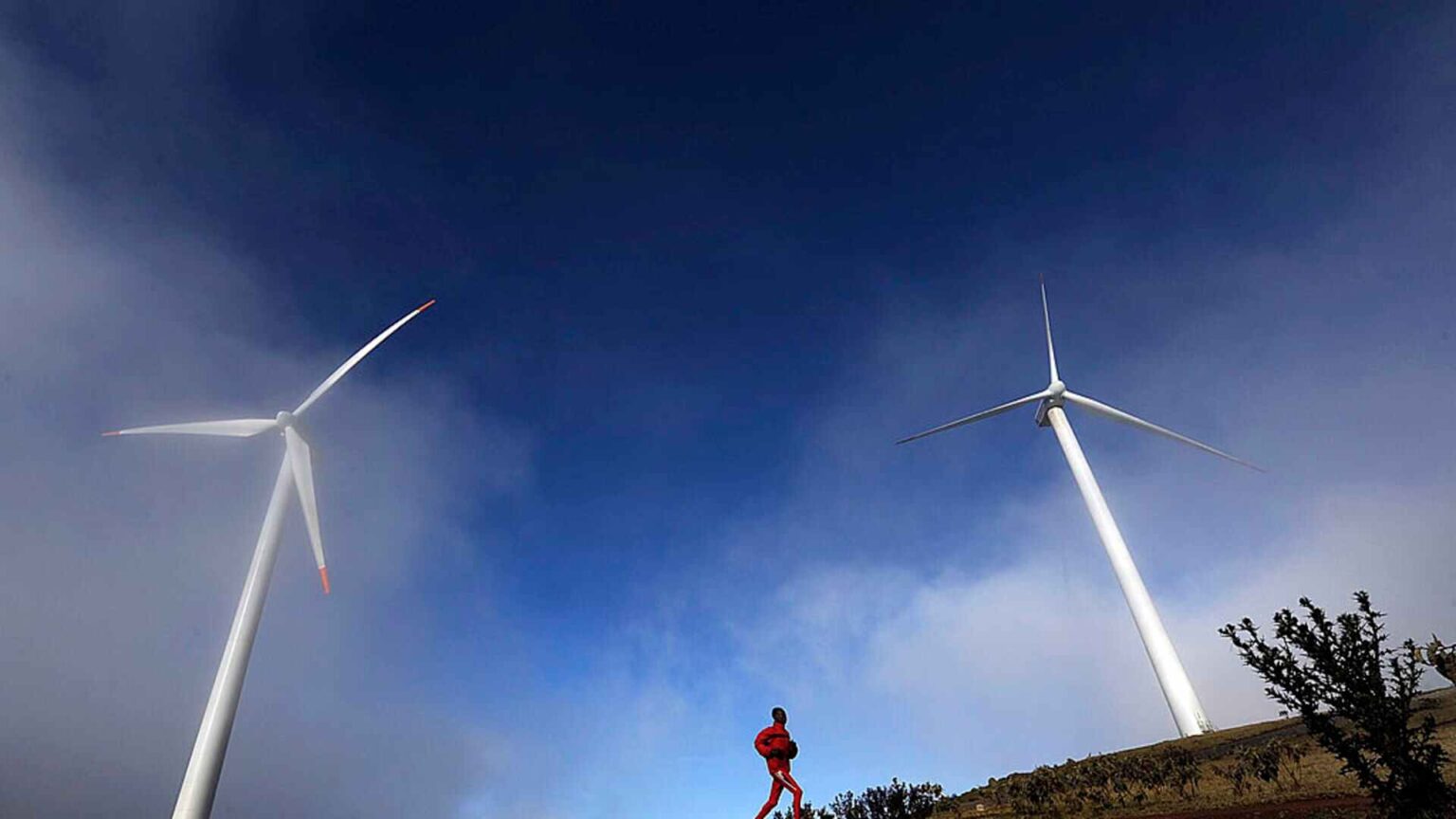- Only 38 percent of Tanzania is connected to electricity.
- Kenya ranks third in Africa in wind energy generation.
- Global net zero goals still off track with growing fossil fuel investments.
Tanzania does not produce enough electricity to meet its growing domestic demand. And this is despite having diverse renewable energy resources including hydro, geothermal, solar, and wind.
The country’s power sector is monopolized by state-owned Tanzania Electricity Supply Company Limited (TANESCO). The utility owns and controls almost all of the country’s energy transmission network and over half of its generating capacity.
Currently, Tanzania’s total power installed capacity is 1,602MW split into Hydroelectric (568MW), thermal (951.6MW) and 82.4MW from other renewables.
Read also: Powering Africa: Renewables safest bet for sustainable future
Solar and biofuels
According to TANESCO, Tanzania’s electricity generation comes mostly from natural gas at 48 percent. Hydro sources account for 31 percent of the energy mix. Petrol contributes 18 percent, while solar and biofuels account of one percent.
Currently, wind power has no significant contribution to Tanzania’s energy output, but change is underway. With only 38 percent of households in Tanzania hooked to main power grid, the country is harnessing wind power, a renewable source.
The agency responsible for alternative energy sources is the Tanzania Renewable Energy Association (TAREA). Since its set up in 2000, TAREA saw Tanzania get its first-ever wind farm in June 2020.
Construction of the 2.4MW power plant in Iringa region came through a loan from the Renewable Energy Performance Platform (REPP). After Iringa, another wind farm in Singida funded by the International Fund Corporation (IFC) and partners Aldwych International and Six Telecoms was set up.
League of green power
Owned by Wind East Africa, the 100MW Singida wind farm has pushed Tanzania deeper into the international league of green power. The Singida project, a private initiative, sells its power to the government-owned national distributor Tanesco. The wind power plant is the first of its kind that Tanesco has connected to its grid.
The wind farm cost $285 million, a fraction of the over $3 billion IFC has invested in over 40 wind projects. The lending arm of the World Bank has invested in renewables across Africa, Asia, South America, and Europe.
Read also: Sleeping Giant: Mass potential of Tanzania energy sector
Kenya leading East Africa in wind power
While Tanzania is still finding its footing in the ‘windy’ business, its neighbor Kenya has already mastered the science. With 16 percent of its energy source coming from wind power, Kenya is only third to Namibia (25 percent) and Morocco (17 percent) in wind power generation.
In 2022, Kenya generated 90 percent of its electricity from renewable energy sources. In the year, wind power accounted for 1.7TWh, up from just 0.1TWh in 2017 when it started.
The world is moving to clean energy sources, Africa must not be left behind and it is countries like Kenya that are blazing the trail into green energy. Notably, about 20 African nations already generate more than half of their electricity from renewable sources. Hydro power, however, remains the primary source of energy for many countries.
“Had we invested massively in renewable energy in the past, we would not be in the middle of a climate emergency now,” laments UN Secretary-General António Guterres.
End addiction to fossils
Citing climate disasters and high fuel prices at UN Global Compact board meeting, Mr Guterres declared; “the world must end its addiction to fossil fuels.”
“Leaders in business, as well as government, must stop thinking about renewables as a distant project of the future. Without renewables, there can be no future,” he warned.
But the warning seems to have fallen on deaf ears. Many countries and companies, including in Africa, are investing heavily in crude oil exploration.
For instance, as Kenya increased its clean wind power output, Tanzania and Uganda signed a $5 billion oil pipeline deal. The investment seeks to evacuate crude oil from Uganda via Tanzania to the Indian Ocean port of Dar es Salaam for exports. Environmentalists have flagged the East Africa Crude Oil Pipeline citing potential CO2 emissions.
Achieve net zero targets
“Global progress, while encouraging, doesn’t reveal the growing disparity in renewable energy adoption which is tipped disproportionately in favour of developed countries. Much more needs to be done to ensure that developing countries are not left behind and locked into high carbon futures,” UN Secretary-General for Sustainable Energy for All, and Co-Chair of UN-Energy CEO and Special Representative Damilola Ogunbiyi.
Currently, coal accounts for over 36 percent of global electricity. Therefore, a lot of work has to be done to wean off the global power dependency on fossil fuels. If the world is to achieve the net zero targets by mid-century, use wind and solar powers will be inevitable. And with Africa rich in both energy sources, policymakers must step up and invest in the green power.
Mr Guterres pointed out that $500 billion is spent annually to lower the price of fossil fuels. Interestingly, the amount is more than triple the investment channeled on renewables.
Create more decent and green jobs
“If we channel these resources and subsidies to renewables, we not only cut emissions, we also create more decent and green jobs,” he pointed out and also expressed grave concern that Africa gets the short end of the deal.
Whereas Africa has “substantial renewable energy potentials,” it “receives just two percent of clean energy investments. The cost of capital for renewable energy projects in the developing world can be seven times higher than in the developed world,” he explains.
“Upfront costs for solar and wind power account for 80 percent of lifetime costs, meaning big investments today will reap even bigger rewards tomorrow,” he summed up.
